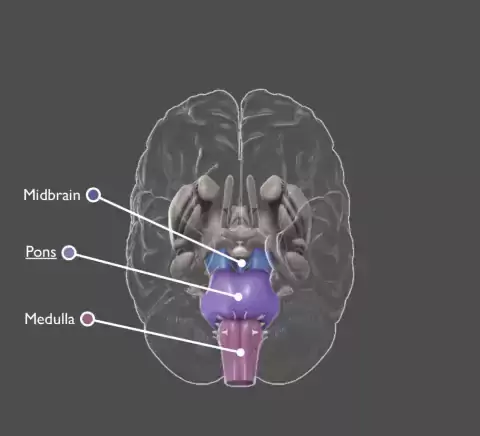MDS 3.0 Item E0800: Rejection of Care - Presence and Frequency
MDS 3.0 Item E0800: Rejection of Care - Presence and Frequency
Introduction
Purpose: Rejection of care is a common behavioral symptom in long-term care facilities, where residents may refuse necessary care such as medications, assistance with activities of daily living (ADLs), or medical treatments. MDS Item E0800 assesses the presence and frequency of care rejection over the past seven days. Identifying and addressing rejection of care is crucial to ensuring that residents receive the necessary support for their physical and emotional well-being while respecting their preferences and autonomy.
What is MDS Item E0800?
Explanation: MDS Item E0800 is part of Section E: Behavioral Symptoms. It evaluates whether the resident has refused or rejected necessary care, such as help with personal hygiene, medications, or treatments, during the past seven days. Care rejection may stem from cognitive impairment, emotional distress, or discomfort, and addressing these behaviors is important to maintaining the resident's health and safety. The item also tracks the frequency of rejection, helping care teams develop tailored interventions to encourage compliance while respecting the resident’s rights.
Guidelines for Coding MDS Item E0800
Coding Instructions: To code MDS Item E0800, staff must assess whether the resident has refused or rejected care and how often this occurred over the past seven days. The coding for this item is based on both the presence and frequency of care rejection.
- 0 - No rejection of care: The resident has not refused or rejected care.
- 1 - Rejection of care occurred 1 to 3 days: The resident has refused or rejected care on 1 to 3 days during the past seven days.
- 2 - Rejection of care occurred 4 to 6 days: The resident has refused or rejected care on 4 to 6 days during the past seven days.
- 3 - Rejection of care occurred daily: The resident has refused or rejected care every day during the past seven days.
Examples of Care Rejection:
- Refusing assistance with ADLs, such as bathing, dressing, or eating
- Rejecting prescribed medications
- Refusing medical treatments, such as wound care or physical therapy
- Pushing away staff when care is offered
Example Scenario: If a resident refuses help with dressing and bathing three times during the past week, you would code E0800 as 1 - Rejection of care occurred 1 to 3 days. If the resident rejects care almost daily, you would code 3 - Rejection of care occurred daily.
Best Practices for Accurate Coding
Observation: Staff should carefully observe the resident’s interactions during care routines, noting any refusal or rejection of assistance. It is important to differentiate between temporary hesitancy and a clear, consistent rejection of care.
Documentation: Record specific examples of care rejection, including the type of care that was refused, the frequency, and the resident’s reasons for refusal if known. Documenting these details helps the care team develop strategies to address the behavior and provide care in a way that respects the resident’s preferences.
Communication: Share observations of care rejection with the interdisciplinary care team to ensure that the root causes of refusal are addressed. This may involve involving family members in care decisions, exploring underlying cognitive or emotional issues, or offering alternative approaches to care that the resident may find more acceptable.
Training: Provide regular training for staff on managing care rejection. Training should include strategies for encouraging cooperation, such as explaining the importance of the care, using gentle persuasion, and respecting the resident’s autonomy.
Conclusion
Summary: MDS Item E0800 is critical for assessing the presence and frequency of care rejection in long-term care residents. Accurate coding of this item helps ensure that care plans are adjusted to encourage compliance while respecting the resident’s preferences and needs. Addressing care rejection early can prevent negative health outcomes and improve the resident’s quality of life.
Click here to see a detailed Step-by-Step on how to complete this item set.
Reference
This guide is based on the CMS's Long-Term Care Facility Resident Assessment Instrument 3.0 User’s Manual, Version 1.19.1, October 2024, Page E-10.
Disclaimer
Please note that the information provided in this guide for MDS 3.0 Item E0800: "Rejection of Care - Presence and Frequency" was originally based on the CMS's Long-Term Care Facility Resident Assessment Instrument 3.0 User’s Manual, Version 1.19.1, October 2024. Every effort will be made to update it to the most current version. The MDS 3.0 Manual is typically updated every October. If there are no changes to the Item Set, there will be no changes to this guide.
This guidance is intended to assist healthcare professionals, particularly new nurses or MDS coordinators, in understanding and applying the correct coding procedures for this item within MDS 3.0. Additionally, this guide refrains from handling personal patient data and does not provide medical or legal advice.










